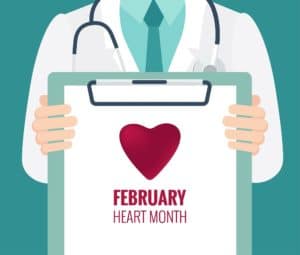Bad breath is an incredibly common concern for many Americans. In fact, according to Medical News Today, bad breath affects an estimated 25% of the population. Even though there are various things that can cause bad breath, there are a few that concern your dentist in Reno. The truth is, several causes of bad breath are directly related to the overall health of your mouth and some of the problems linked to bad breath can be serious. Because of this, it’s important to first understand what causes bad breath before you can determine how to fix it.
What Causes Bad Breath?
As we’ve mentioned, bad breath can be caused by any number of things, some concerning and some not. For example, bad breath can be a result of what we eat or drink such as garlic or coffee. Bad breath caused by foods or drinks usually isn’t something to worry about as it’s quickly alleviated by brushing or chewing sugar-free gum. However, when bad breath is chronic and can’t be tied to a fragrant food, it’s typically a sign of oral health problem.
Why is Bad Breath Bad?
Bad breath that doesn’t go away is most often the result of too much bacteria lingering around the mouth. When bacteria build up in the mouth it increases the likelihood of decay, cavities, and gum disease. Gum disease, in particular, is an infection that can lead to tooth loss as well as other problems throughout the body such as heart disease, increased risk of stroke, and respiratory complications. Any sign of a lingering odor in your mouth is a clue that you should see your dentist in Reno.
Bad Breath Remedies
We understand that bad breath can be embarrassing, but there are things you can do to treat it.
- Drink Water. Drinking water throughout the day will help keep your mouth moist and saliva flowing, both of which are important to neutralize acid, wash away bacteria, and keep breath fresh. If we don’t drink enough water or suffer from dry mouth, bacteria will flourish. The result is bad breath.
- Have Good Oral Hygiene Habits. You’ve heard us say it a million times – having good oral hygiene can go a long way in keeping your mouth healthy and your breath fresh. Make sure that you’re brushing and flossing every day to remove any food particles and bacteria that have built up throughout the day. Don’t forget to gently scrub your tongue as those tiny bumps make perfect places for bacteria to hide.
- See Your Dentist in Reno. Even though properly brushing and flossing every day can help protect teeth and breath, it’s still important to see your dentist at least twice a year for professional cleanings that remove plaque and tartar your regular toothbrush just can’t get. These visits are also crucial to catching any oral health problems, such as gum disease, early when treatment is more successful.
If you suffer from bad breath and you’re ready to get rid of it once and for all, schedule an appointment with your dentist. Your dental team will help diagnose the underlying cause of your bad breath and talk with you about the best way to treat it.




 The right dental care experience is one where you can count on
The right dental care experience is one where you can count on 
 How much attention should you give a symptom of possible oral health trouble? Should you wait to see if a toothache goes away on its own, or
How much attention should you give a symptom of possible oral health trouble? Should you wait to see if a toothache goes away on its own, or 


